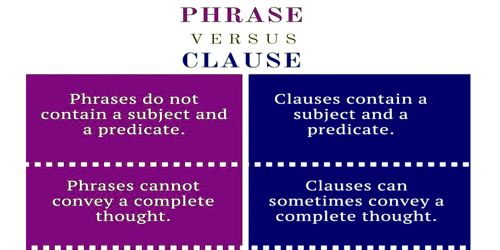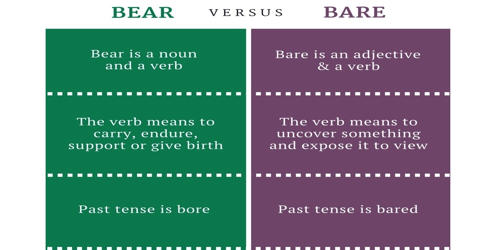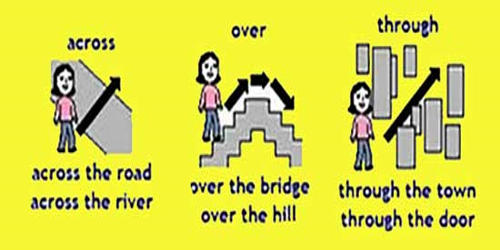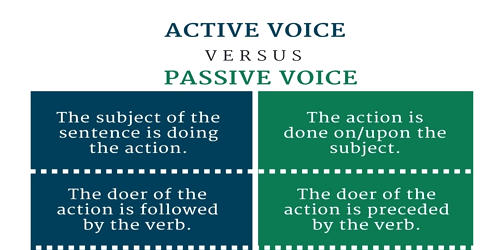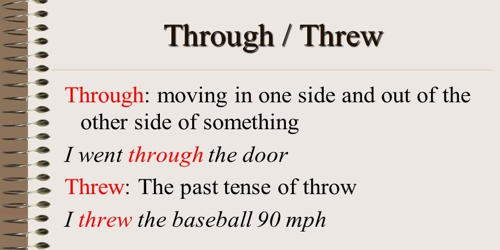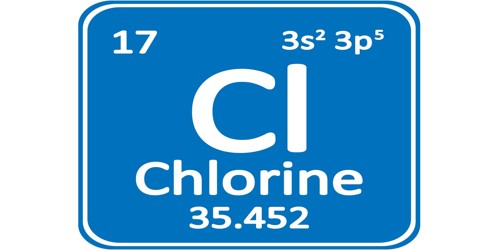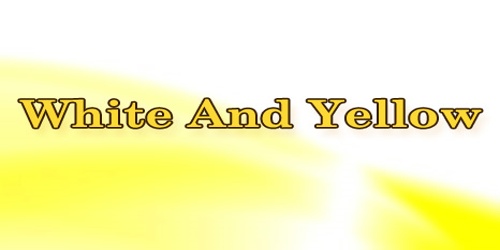In English, there are two grammatical terms, that form part of a sentence which may or may not be meaningful. Clauses and phrases are two very different parts of a sentence but some of their similar features make it difficult for the learners of the English language to distinguish between the two. These are phrases and clauses, wherein the phrase implies a set of words, that acts as a single unit but does not have a subject and predicate. A phrase is a part of a clause or a sentence. As against, a clause is a sentence fragment.
A phrase is a group of words in a sentence that does not contain a subject and a verb. On the contrary, a clause is also a group of words, which contains a subject and a predicate. A clause is a group of words in a sentence that contains a subject and a verb. A clause has a subject and predicate, whereas a phrase doesn’t.
Difference Between Phrase and Clause
PHRASE
- A phrase is a set of words, taken together in the form of a conceptual unit.
- The phrase is a group of two or more words in a sentence related to each other or acting as a single unit but does not have a subject or a predicate.
- A phrase refers to a combination of two or more words, that are related to one another and acts as a single unit, but does not contain a subject-verb pairing. It forms a part of a clause or sentence which is used to provide further information.
- A phrase is described as a group of two or more than two words related to one another, that constitute a single unit.
- A phrase does not carry any meaning of its own, due to the absence of subject and verb, but it clarifies the context, of the sentence when added to a clause.
- A phrase cannot stand-alone, as it does not convey meaning
- Example: I will see you at the court. Fish Swims in the Water.
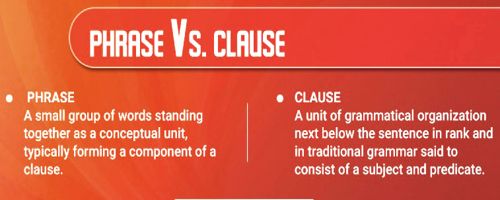
CLAUSE
- A clause is a component of the grammatical arrangement, that contains a set of words having a subject and verb.
- A clause is also a group of words in a sentence that have a subject and a predicate (or verb).
- When in a set of words, there is a subject actively performing an action (verb), then that combination of words, is called a clause. A clause can function as a sentence, which may or may not be a complete one.
- The clauses are a part of a sentence, that contains a subject (noun phrase) that actively performs an action (finite verb form).
- There are two parts in a clause, i.e. a subject and a predicate. The predicate expresses something with respect to the subject.
- When a clause is an independent clause it is a stand-alone statement, which conveys a thought or idea, but if it is a dependent clause, it is not a stand-alone statement, as it requires something else to complete it.
- Example: The one who met you at Mc Donald’s, is my neighbor. Fish Swims in the water
